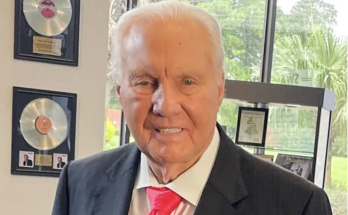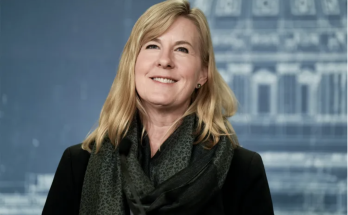Trump says ‘we will charge them the exact same tax or tariff’
Trump announces ‘reciprocal’ tariff plan for countries that tax US goods
President Donald Trump on Thursday announced a plan for ‘reciprocal’ tariffs on countries that tax or limit markets for U.S. goods. (X/Margo Martin)
President Donald Trump on Thursday signed a plan for the U.S. to look at implementing “reciprocal” tariffs against countries that tax or limit markets for American goods.
Trump said he did not expect any exemptions or waivers for the plan, which could apply to both adversaries and allies.
“On trade, I have decided for purposes of fairness, that I will charge a reciprocal tariff — meaning whatever countries charge the United States of America, we will charge them no more, no less. In other words, they charge us a tax or tariff and we charge them the exact same tax or tariff. Very simple,” he said at the White House.
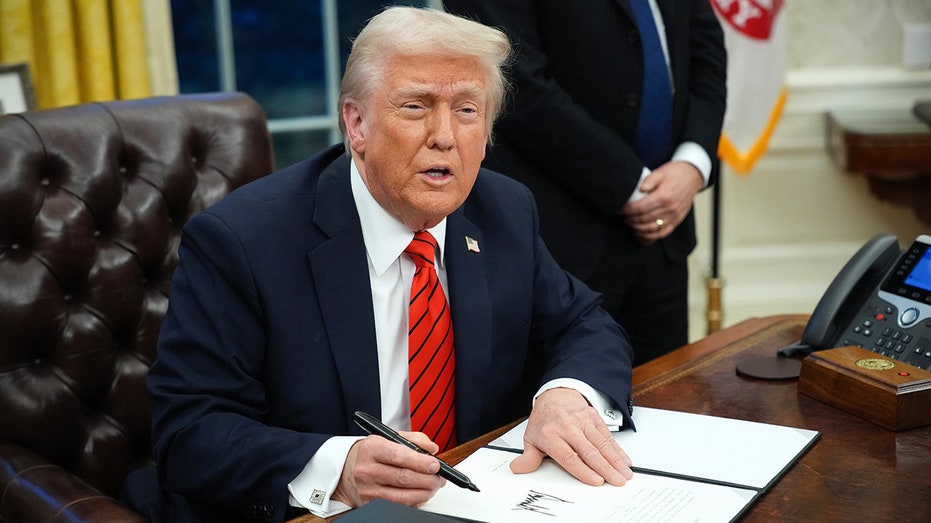
President Donald Trump signs a series of executive orders in the Oval Office at the White House on Monday. (Andrew Harnik / Getty Images)
“In almost all cases they are charging us vastly more than we charge them, but those days are over,” Trump added.
A source familiar with the plans told FOX Business that the Trump presidential memorandum orders the U.S. trade representative to investigate and counter nonreciprocal trade across all trading partners. The representative will identify trade agreements where there are significant trade deficits that are unfair to the U.S.
WHAT ARE TARIFFS, HOW DO THEY WORK AND WHO PAYS FOR THEM?
Commerce Secretary nominee Howard Lutnick and the U.S. trade representative would then submit a report detailing the tariffs on a country-by-country basis, a White House official said, previewing the announcement. The studies will be completed by April 1, Lutnick said.
Office of Management and Budget (OMB) Director Russ Vought would then have 180 days to produce a report assessing any financial impacts, the official said.

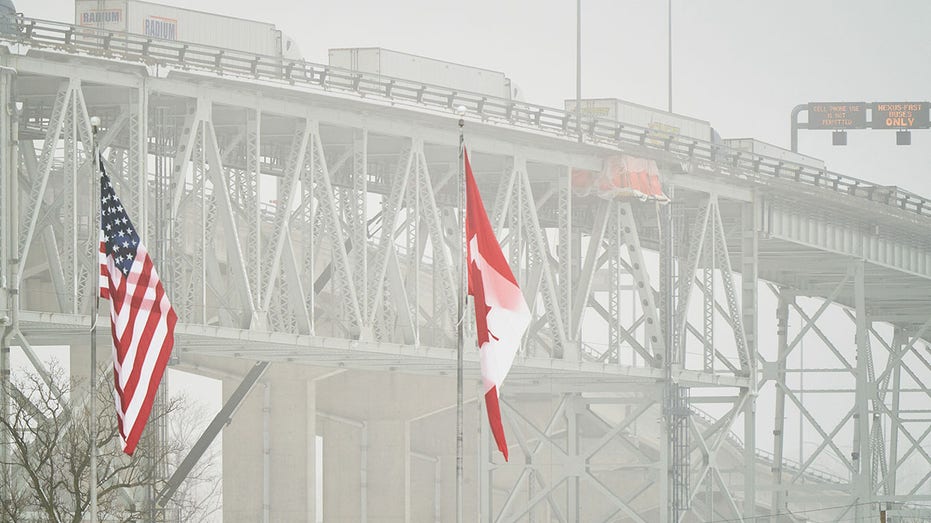
Trucks pass over the Blue Water Bridge at the border crossing with the U.S. in Sarnia, Ontario. (Geoff Robins/AFP via / Getty Images)
Mentioned in the memo, according to the source, is that Brazil taxes U.S. ethanol at 18%, while the U.S. taxes ethanol imported from Brazil at just 2.5%.
Critics say the tariffs could raise prices for American consumers. The Trump White House sees tariffs as a tool for leverage in economic and foreign policy negotiations, and for bringing companies back to the U.S.
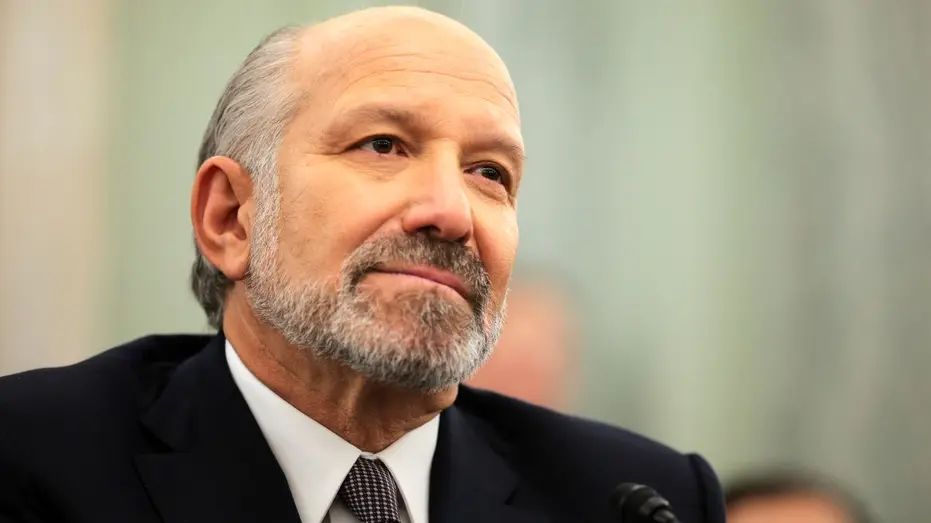
Howard Lutnick, President Donald Trump’s nominee for commerce secretary. (Kayla Bartkowski)
Trump on Thursday said prices may rise in the short term, but, in the long term, “it’s going to make our country a fortune.”
He said “many” CEOs love the idea of tariffs, despite some concern on Wall Street about the effect on trade.
TRUMP’S TARIFFS PROMPT WARNINGS FROM TRADE GROUPS
Trump stressed that companies can avoid tariffs by bringing operations to the U.S.
“I’ll tell you what will go up is jobs,” he said. “The jobs will go up tremendously. We’re going to have great jobs, jobs for everybody. This is something that should have been done many years ago.”
